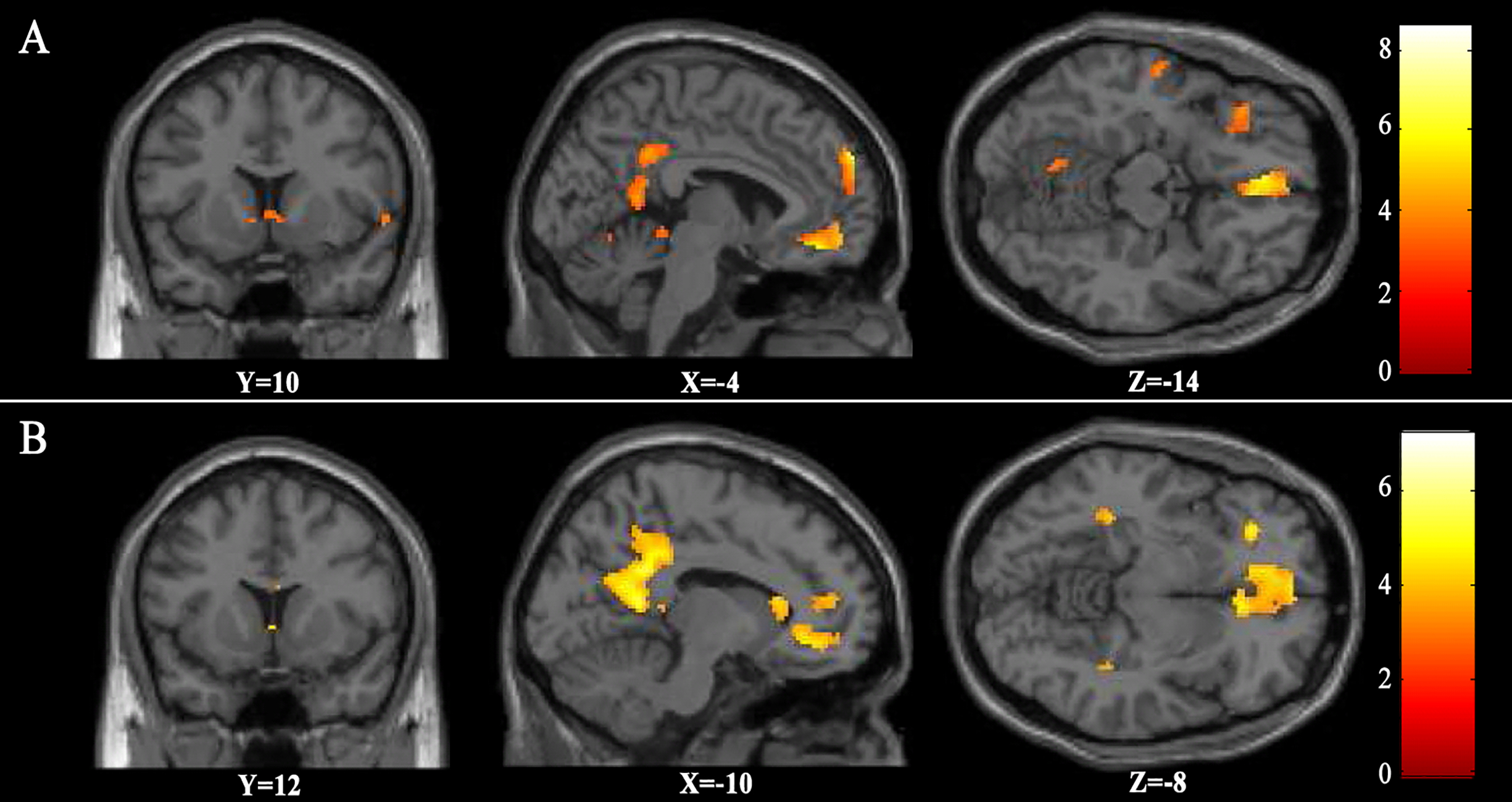A study in China used fMRI technology to test this hypothesis on 18 male participants.
Researchers in China have used fMRI technology to test the hypothesis that the pleasure derived from art music is intellectual while the pleasure of popular music is physiological. “This study gives clear neuronal evidences supporting the view that artistic music is of intelligence and social cognition,” the study by Ping Huang, Hanhua Huang, Qiuling Luo and Lei Mo found, “while the popular music is of physiology.”
In the study – published in the online journal PLOS one under the title The Difference between Aesthetic Appreciation of Artistic and Popular Music: Evidence from an fMRI Study – 18 male participants between the ages of 18 and 24 listened to musical excerpts while in an fMRI machine. While the participants had all engaged in some form of musical training or activities, none of them were professional musicians.
 The Chinese study compared the responses to popular (A) versus artistic (B) music
The Chinese study compared the responses to popular (A) versus artistic (B) music
The participants heard excerpts of art music – in this case opera – pop music and control excerpts. Both the pop and opera samples were snipped from songs on the theme of love and sung by female vocalists, with lyrics in languages other than Chinese or English. The control clips comprised “meaningless” musical notes in the form of playing or singing. Participants were asked to rate the beauty of the excerpts during and after the scan.
Significantly the ratings of the popular music did not differ from those of the artistic music – but both were higher than the ratings of the control excerpts. The fMRI evidence, however, showed more complex differences. According to the report, both sub-cortical and cortical reward regions were engaged in the appreciation of artistic and popular music. “The sub-cortical reward region was more sensitive to popular music,” the report states, “while the cortical region was more sensitive to artistic music.”
“The cognitive empathy regions,” the report continues, “were more responsive to artistic music than popular music and control notes, implying more social cognition [is] involved [in] artistic music aesthetic appreciation.”
“Empathic engagement between an audience and art works is considered as another crucial element for artistic appreciation,” the researchers wrote, “especially in the music domain. From this point of view, an audience could understand or experience the intention, [affect] and feeling implicated in the artworks through empathy.”











Comments
Log in to join the conversation.